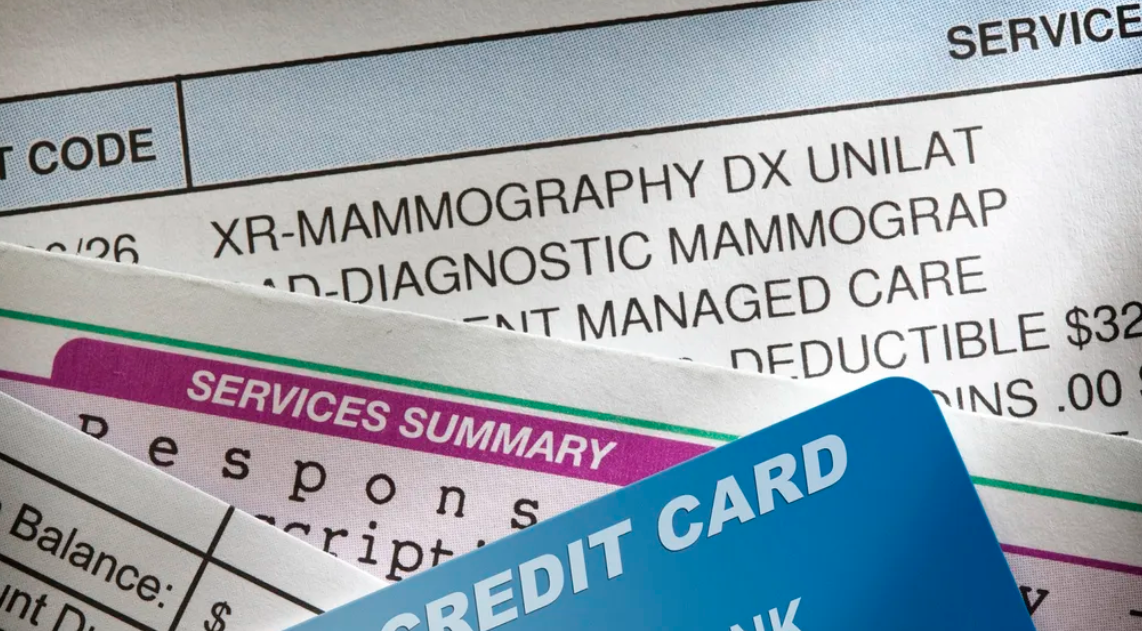TransUnion Faces $23 Million Fine: Unraveling Tenant Screening and Credit Freeze Controversy

Introduction: In a significant development, TransUnion, one of the major credit reporting agencies, has been slapped with a $23 million fine. This penalty comes in the wake of controversies surrounding the company’s practices in tenant screening and credit freezes. In this exploration, we’ll delve into the details of the fine, the allegations against TransUnion, and the broader implications for consumer data protection.
The Regulatory Landscape: Credit reporting agencies play a pivotal role in managing consumer data, and their practices are subject to strict regulations. TransUnion’s recent $23 million fine highlights the heightened scrutiny on these agencies, emphasizing the need for adherence to privacy laws and ethical data management.
Tenant Screening Concerns: One of the key allegations against TransUnion pertains to its tenant screening services. Critics argue that the company failed to provide accurate and timely information to consumers, impacting their ability to secure housing. The fine underscores the importance of reliable tenant screening data for both landlords and tenants.
Credit Freeze Controversy: Credit freezes are crucial tools for consumers to protect their financial information. However, TransUnion faced criticism for allegedly making it challenging for consumers to initiate and lift credit freezes. This controversy raises questions about the accessibility and user-friendliness of credit freeze services provided by credit reporting agencies.
The Impact on Consumers: The controversies surrounding tenant screening and credit freezes directly impact consumers. Inaccurate tenant screening data can lead to housing challenges, while difficulties in managing credit freezes may expose individuals to potential identity theft or unauthorized access to their financial information. The fine aims to hold TransUnion accountable for these potential consequences.
The Role of Consumer Advocacy: Consumer advocacy groups have played a crucial role in bringing attention to TransUnion’s alleged shortcomings. The fine serves as a testament to the power of consumer advocacy in holding companies accountable for ensuring fair and transparent practices in handling sensitive consumer information.
TransUnion’s Response and Reforms: In response to the fine, TransUnion is expected to implement reforms in its tenant screening and credit freeze services. The company may need to enhance its processes to ensure accuracy in tenant screening reports and streamline the procedures for initiating and lifting credit freezes. This raises the broader question of industry-wide reforms in data management practices.
Data Security in the Digital Age: The TransUnion case highlights the broader challenges of data security in the digital age. As technology evolves, credit reporting agencies must continually update their systems to protect consumer information from unauthorized access and misuse. The fine serves as a reminder of the ongoing responsibility to invest in robust cybersecurity measures.
Navigating the Regulatory Landscape: The $23 million fine against TransUnion serves as a cautionary tale for other credit reporting agencies. Navigating the regulatory landscape requires a proactive approach to compliance with privacy laws, ensuring that consumer data is handled responsibly and ethically. Companies in the data management sector must prioritize regular audits and assessments of their practices.
Privacy Rights and Transparency: Privacy rights are at the forefront of discussions surrounding credit reporting agencies. Consumers have the right to accurate information and transparent processes when it comes to tenant screening and credit freezes. The fine against TransUnion emphasizes the importance of upholding these rights and fostering a culture of transparency in the industry.
Moving Forward: Strengthening Consumer Protections: As TransUnion works to address the concerns raised by the $23 million fine, the incident prompts a broader conversation about strengthening consumer protections. This includes advocating for clearer regulations, empowering consumers with more control over their data, and holding companies accountable for ethical data management practices.
Conclusion: TransUnion’s $23 million fine serves as a pivotal moment in the ongoing dialogue about consumer data protection and the responsibilities of credit reporting agencies. The controversies surrounding tenant screening and credit freezes highlight the need for continuous vigilance in safeguarding sensitive information. As TransUnion undergoes reforms, the incident calls for a collective commitment to strengthening consumer protections, ensuring industry-wide transparency, and upholding the highest standards of data security in the evolving digital landscape.


 Decoding the Impact: Government Shutdown and Student Loan Payments
Decoding the Impact: Government Shutdown and Student Loan Payments  Navigating Retirement Roads: The Intersection of Student Loan Payments
Navigating Retirement Roads: The Intersection of Student Loan Payments  A Ray of Relief: $9 Billion More in Student Loan Debt Forgiven
A Ray of Relief: $9 Billion More in Student Loan Debt Forgiven  Sollers Announces $3.4 Million Student Loan Debt Cancellation Amid Deceptive Practice Charges
Sollers Announces $3.4 Million Student Loan Debt Cancellation Amid Deceptive Practice Charges  BNPL Unveiled: Navigating Scrutiny and What You Need to Know
BNPL Unveiled: Navigating Scrutiny and What You Need to Know  How to Save for a Mortgage Deposit?
How to Save for a Mortgage Deposit? 
 Reigniting Your Passion for Charitable Giving: What to Do When the Flame Flickers
Reigniting Your Passion for Charitable Giving: What to Do When the Flame Flickers  Anticipating Savings: How a Landmark Court Case Could Make Home Sellers’ Costs More Affordable
Anticipating Savings: How a Landmark Court Case Could Make Home Sellers’ Costs More Affordable  5 Imperative Facts to Acknowledge Before You Opt for Debt Settlement
5 Imperative Facts to Acknowledge Before You Opt for Debt Settlement  Save Money During the Winter Months with These Easy Tips
Save Money During the Winter Months with These Easy Tips  Credit Rating: How To Improve Credit Rating?
Credit Rating: How To Improve Credit Rating?  Top Property Investment Tips
Top Property Investment Tips  Navigating the Surge: Strategies Employed by Medical Credit Card Marketers to Reach Consumers
Navigating the Surge: Strategies Employed by Medical Credit Card Marketers to Reach Consumers  Securing Your Finances: A 3-Step Guide to Freezing Your Credit
Securing Your Finances: A 3-Step Guide to Freezing Your Credit  A Ray of Relief: $9 Billion More in Student Loan Debt Forgiven
A Ray of Relief: $9 Billion More in Student Loan Debt Forgiven  TransUnion Faces $23 Million Fine: Unraveling Tenant Screening and Credit Freeze Controversy
TransUnion Faces $23 Million Fine: Unraveling Tenant Screening and Credit Freeze Controversy  10 Unusual Money Saving Tips For Students
10 Unusual Money Saving Tips For Students  Empowering Equifax Breach Victims: The Benefits of Free Credit Monitoring
Empowering Equifax Breach Victims: The Benefits of Free Credit Monitoring  Walmart’s Healthcare Horizon: Expanding Insurance Reach in Florida
Walmart’s Healthcare Horizon: Expanding Insurance Reach in Florida  8 Simple And Effective Tips To Save Money
8 Simple And Effective Tips To Save Money